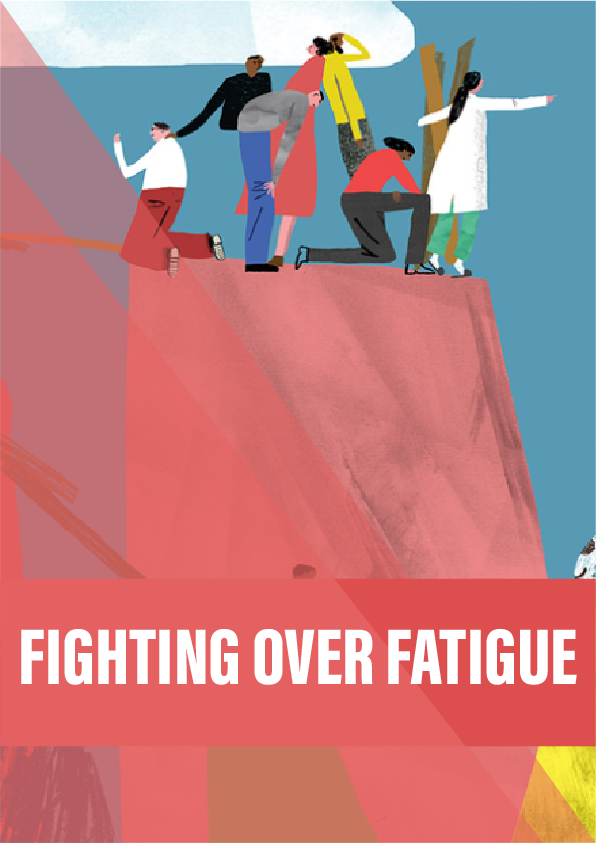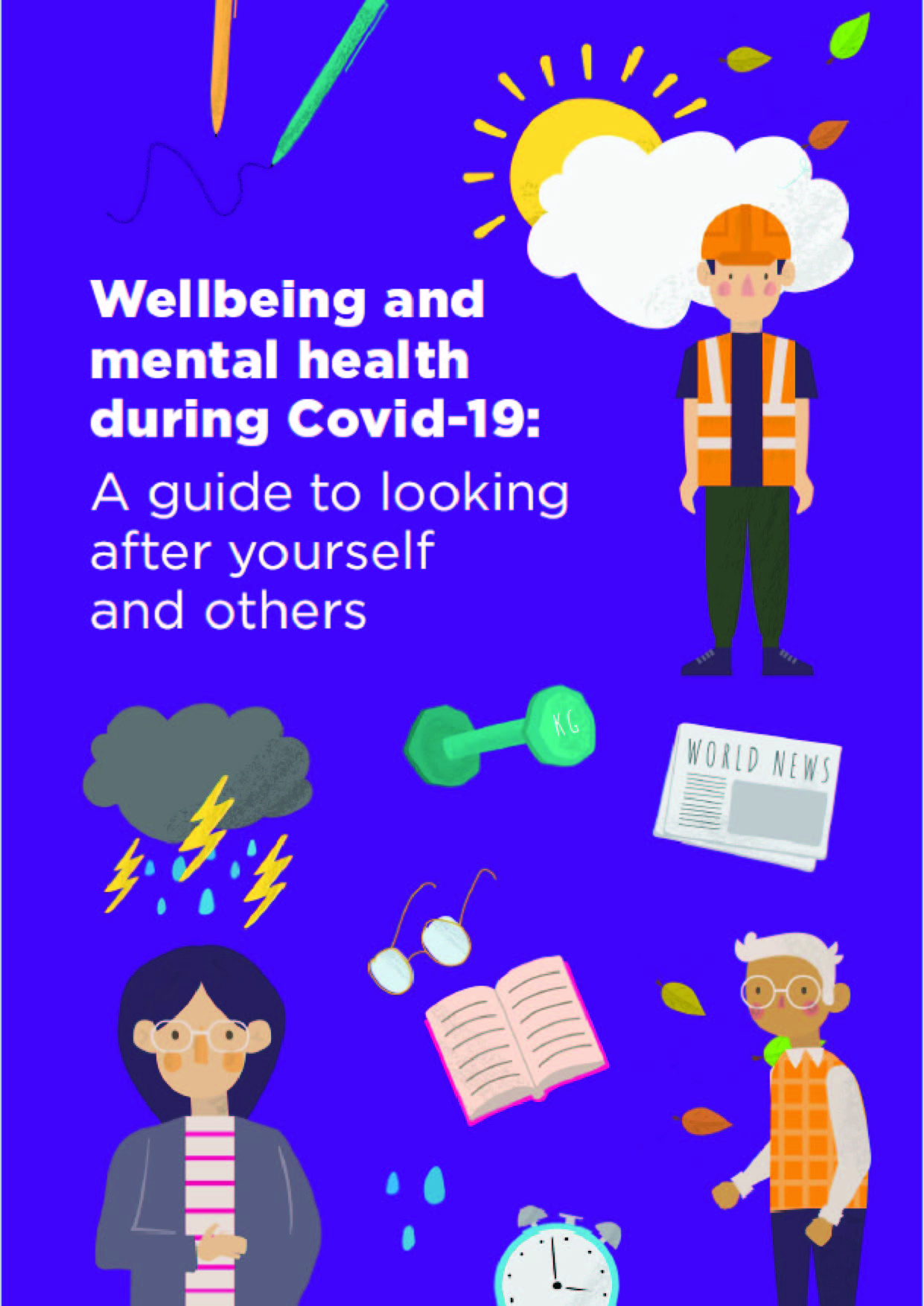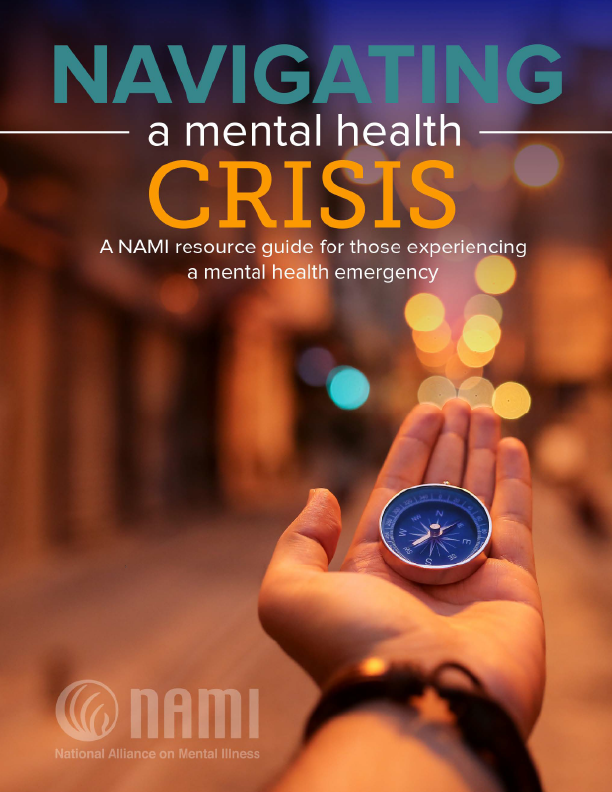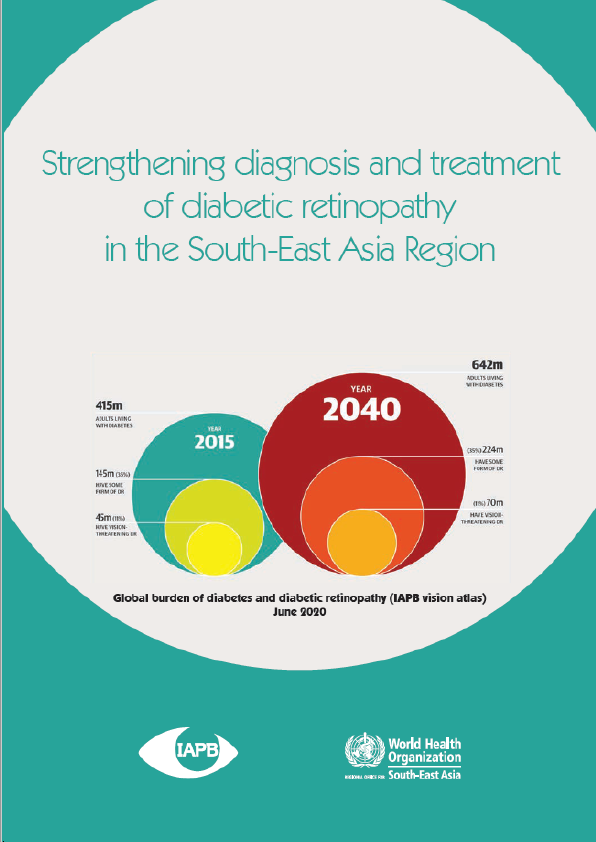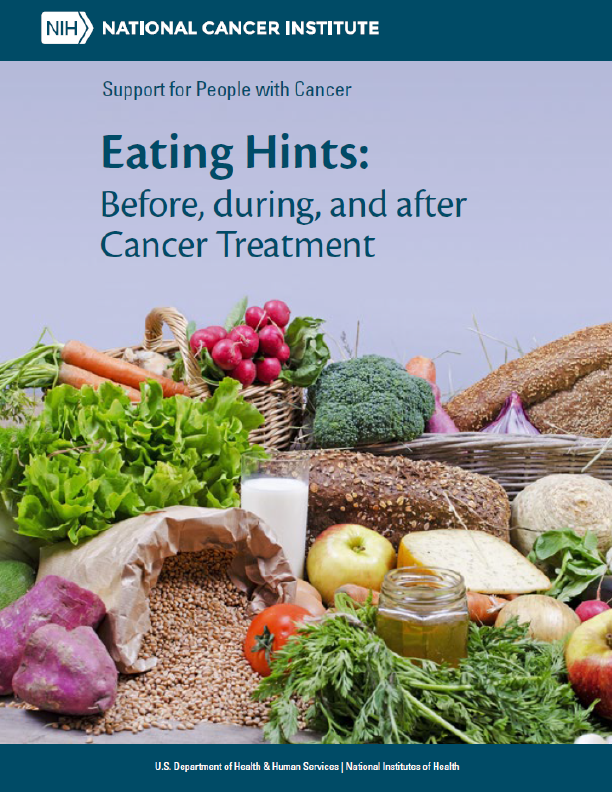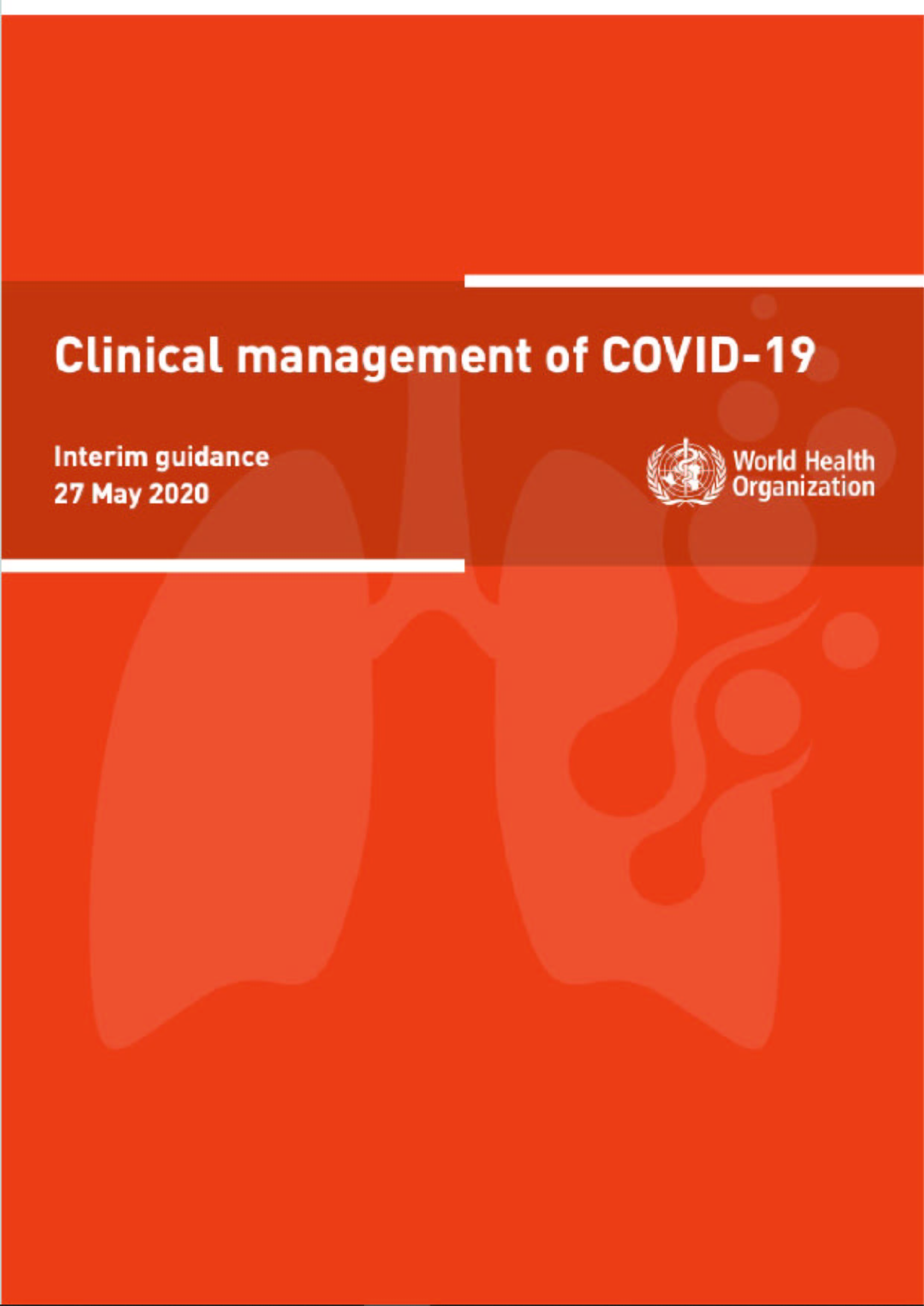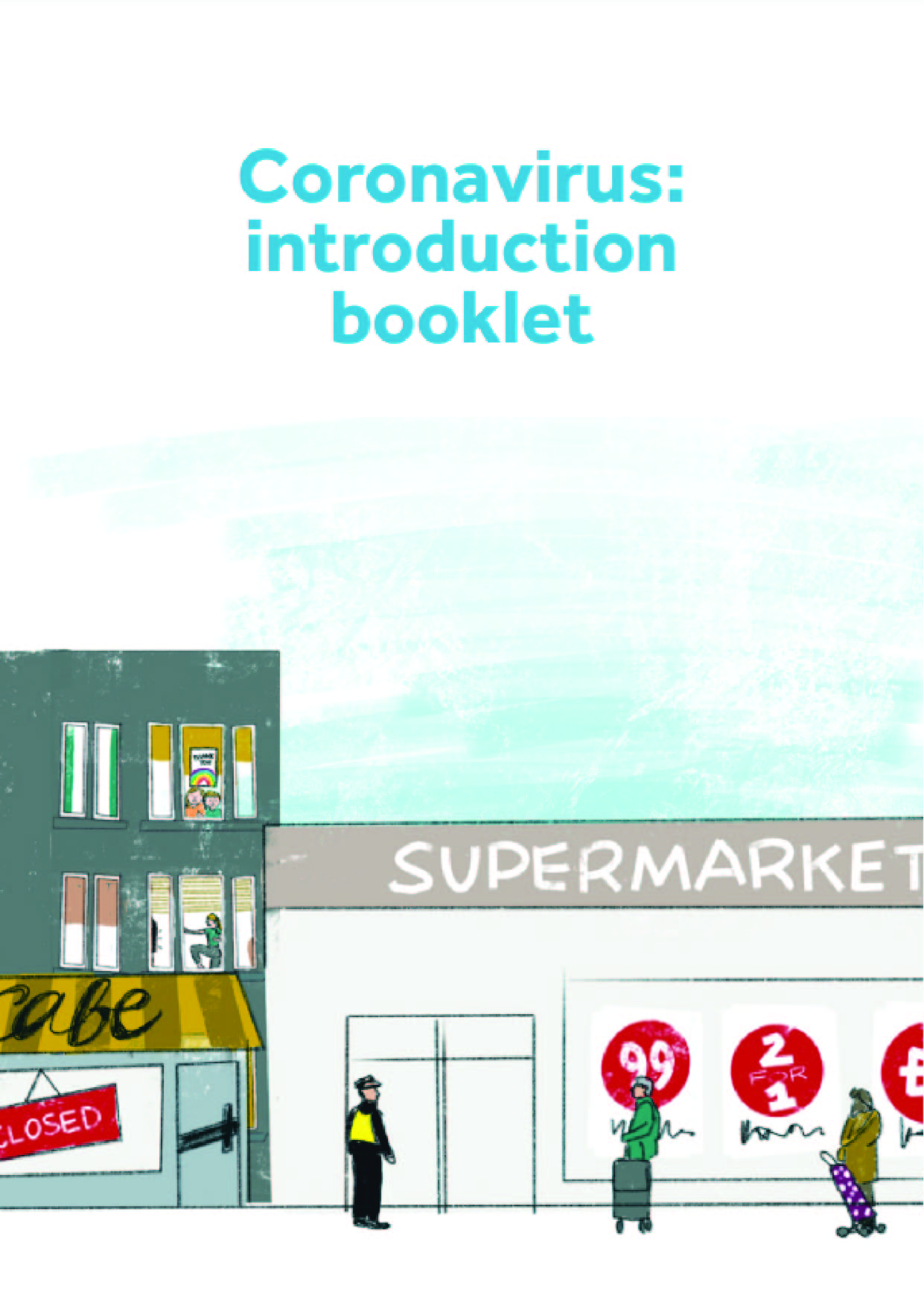How can you do medical research on chronic fatigue syndrome when divisions between patients, doctors and researchers are almost as chronic and painful as the disease itself? Virginia Gewin reports on new hopes of reconciliation.
In the summer of 1989, Leonard Jason fell ill with the worst sore throat of his life. He couldn’t shake it. As the leaves turned red and gold that fall, his energy and weight dropped dramatically, eventually forcing him to stop teaching at DePaul University in Chicago. For 14 years, he had been a highly successful psychology professor, flush with research grants, president of the community psychology division of the American Psychological Association, and director of clinical training at DePaul. Now just a simple phone call was enough to leave him exhausted and bedbound.
The diagnosis? Chronic fatigue syndrome (CFS), a recently coined name for myalgic encephalomyelitis (ME). Jason preferred the original because it sounded less trivial. Confusion and disagreements over the disease’s name – now usually a hybrid abbreviation, most often CFS-ME in the UK or ME-CFS in the USA – have long reflected wider confusion and misconceptions about it.
Jason’s colleagues and friends were stumped. Perhaps most maddening were the well-meaning comments from people insisting they, too, had ‘chronic fatigue’. “One colleague suggested I think about another job as a cook at a fast-food restaurant,” he says. Others encouraged him to just “pull it together”, as if this was simply mind over matter.
Indeed, for decades the medical community had largely agreed it was a psychosomatic disorder. A 1970 review of 15 historical outbreaks of ‘benign myalgic encephalomyelitis’ dismissed most of them as mass hysteria. Today physicians aren’t sure what to call the illness, let alone what to do about it. One of the few treatments to appear effective in clinical trials is rejected by many patients. Because it focuses on exercise and cognitive therapy, they say it presumes a psychological origin for their illness, which they consider as harmful as it is insulting. This has helped create one of the most disenfranchised, frustrated, fractious patient groups in history.
Reference:
- Results of the PACE trial were published in the Lancet in 2011. The trial has its supporters but has also attracted lots of criticism, most recently on Virology Blog.
- Two 2015 reports, one from an NIH Pathways to Prevention workshop and the other from the Institute of Medicine, have contributed to a renewed focus on research in CFS-ME from NIH, as described in this October press release.
